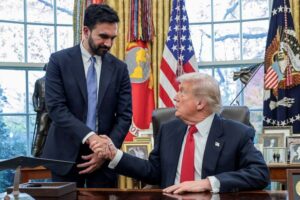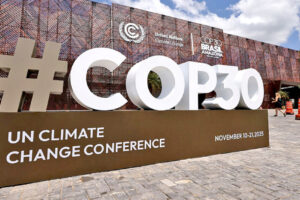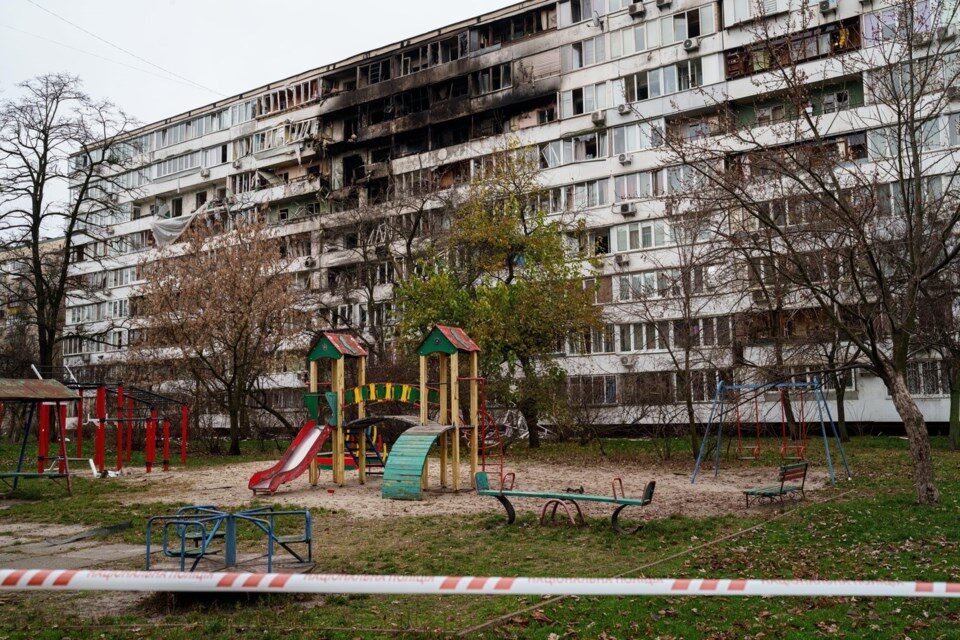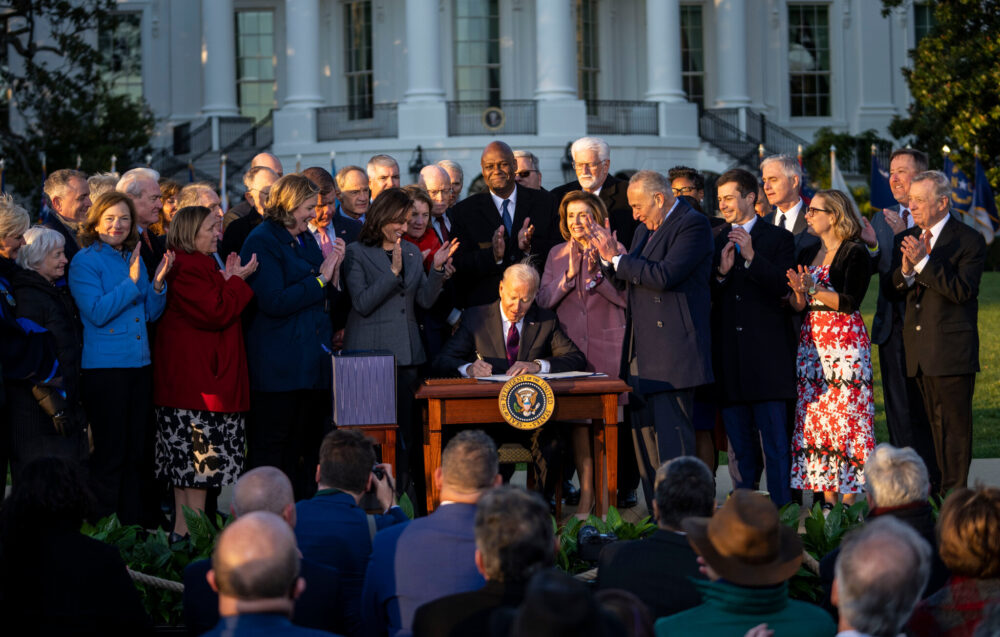President Donald Trump’s unusually warm greeting for New York City Mayor-elect Zohran Mamdani during their recent White House meeting left many observers wondering what was really happening in the room.
To longtime followers of Trump, the moment looked like a familiar scene: a president who craves approval responding positively to a charismatic rising figure. To some political analysts, it hinted at an unexpected meeting point between left-wing and right-wing populism. A neighborhood-focused New York outlet framed it simply as two men from Queens reconnecting.
But within South Asian communities and among “third-culture kids,” the exchange was immediately recognizable as something else entirely — a textbook example of a cultural soft skill honed through years of navigating opinionated, overbearing elders.
As the Times of India put it, Mamdani’s “polite smile, respectful head tilt and effortless soothing of Trump” triggered a familiar muscle memory among many Desis. It resembled the strategic deference used with chatty aunties and uncles whose advice is politely acknowledged — and quietly ignored.
Indian writer Kedar Gadgil summed it up on LinkedIn: Mamdani’s behavior wasn’t radical diplomacy or youthful rebellion. It was simply “the oldest trick in our cultural playbook — the Desi art of letting the elder talk while keeping control of your own direction.”
Yamuna Meleth, an actor and singer raised in Alabama by Indian immigrants, saw the same dynamic. “We’re disruptors,” she said, “but we still show respect for our elders. That is Desi training.”
CNN reached out to Mamdani’s team about these interpretations, but the origins of his approach — whether shaped by immigrant upbringing, meticulous prep work, or simply catching Trump on a good day — are ultimately beside the point. What South Asian viewers noticed was familiar: a restrained smile, a respectful but unwavering tone, and graceful redirection whenever Trump attempted to highlight their ideological differences.
Meleth compared Mamdani’s demeanor to how many children of immigrants learn to handle unsolicited advice growing up. The strategy, she said, involves patience — “letting it go in one ear and out the other” — while letting the elder feel included in one’s success.
During the White House meeting, Mamdani did just that. When Trump asked whether New York City loved him, Mamdani smoothly pivoted to his core message about affordability, acknowledging that some voters gravitated toward Trump in 2024 because of economic concerns. Trump, clearly pleased, highlighted their supposed similarities and expressed enthusiasm: “Some of his ideas really are the same ideas that I have,” he said. Later, he added, “I want him to do a great job, and we’ll help him do a great job.”
Critics on the left accused Mamdani of legitimizing Trump by appearing with him. Others praised his ability to defuse a notoriously combative figure without yielding ground or abandoning his principles. In the process, they argue, he undercut right-wing attempts to label him a “communist jihadist” and eased fears of National Guard deployment in New York — at least temporarily.
Gadgil likened Mamdani’s approach to a familiar cultural dance: “Eventually you start leading without the other person realizing you were following just a moment ago. To outsiders, it looks choreographed.”
Therapist Afshana Haque, who specializes in South Asian clients, said the exchange resembled how many in the diaspora manage overbearing aunties at family gatherings — who to marry, what job to take, what shade your partner should be — all while staying polite. Western cultures value directness, she noted, but many non-Western cultures view bluntness as disrespectful. This results in a delicate balancing act: pacifying the elder while maintaining one’s own boundaries.
“It can be emotionally draining,” Haque said, “but these learned skills can also become strengths, helping us navigate complex worlds.”
Mamdani’s ability to keep the interaction friendly stood out especially given how contentious Trump’s recent meetings have been. A February visit from Ukrainian President Volodymyr Zelensky devolved into shouting, with Trump and Vice President JD Vance criticizing him for not expressing enough gratitude. South African President Cyril Ramaphosa’s May meeting ended similarly, with Trump falsely accusing him of enabling “white genocide.”
Some analysts will say Trump’s behavior simply reflects political calculation — and that being friendly with Mamdani was strategically useful. But for many South Asian observers, the encounter felt instantly recognizable: the classic art of disarming the difficult uncle.










